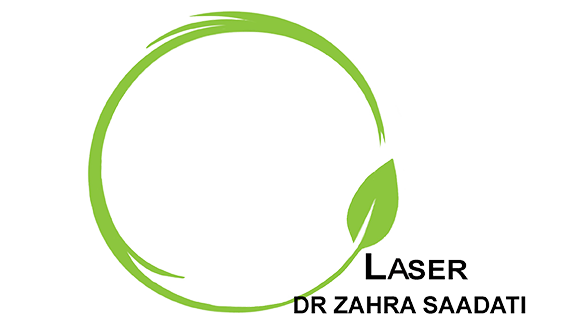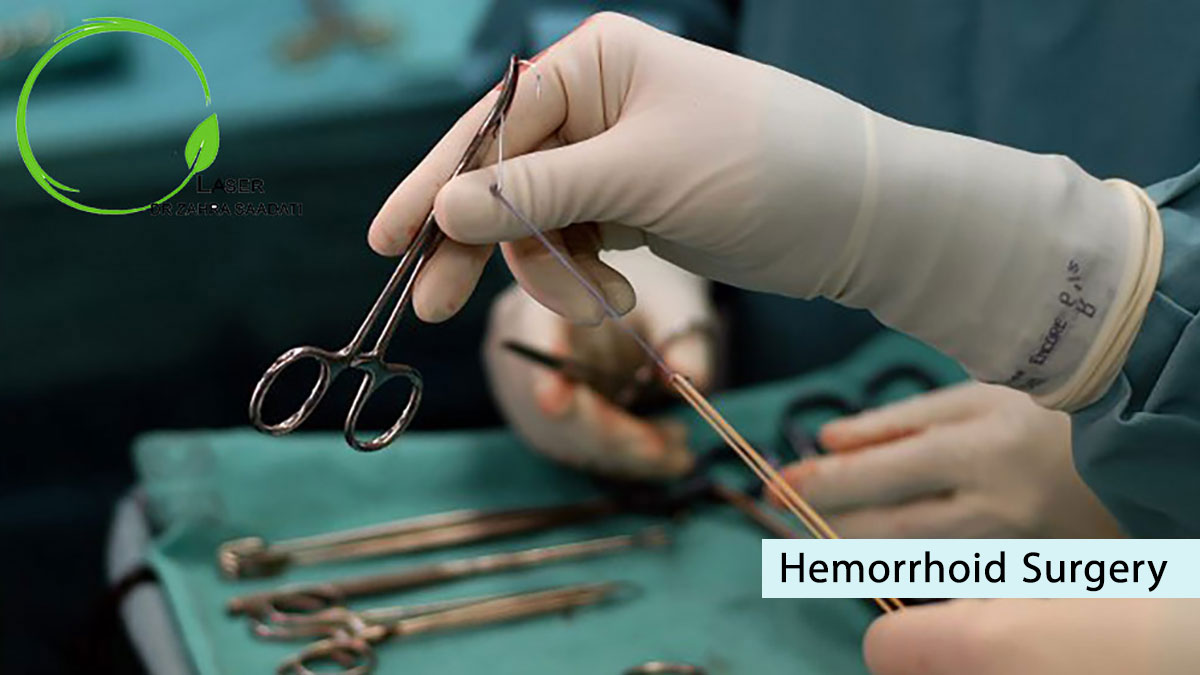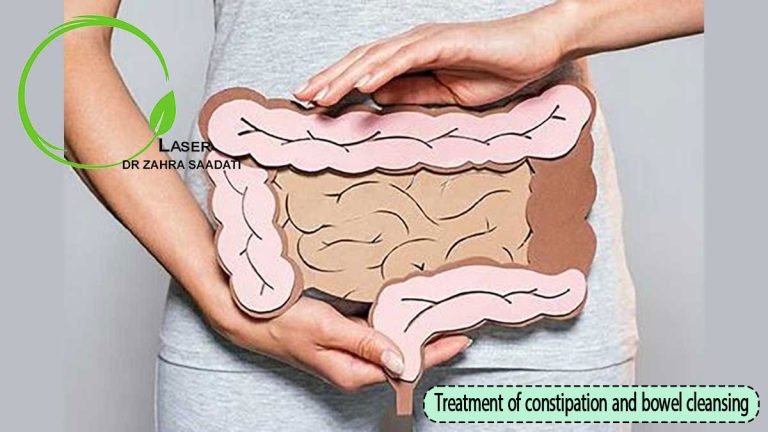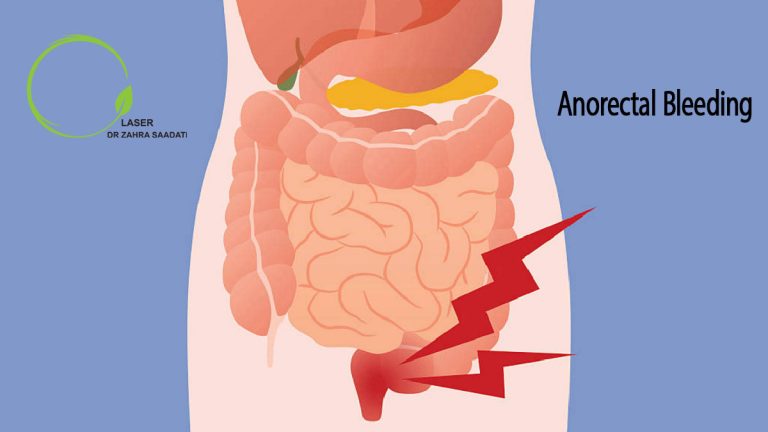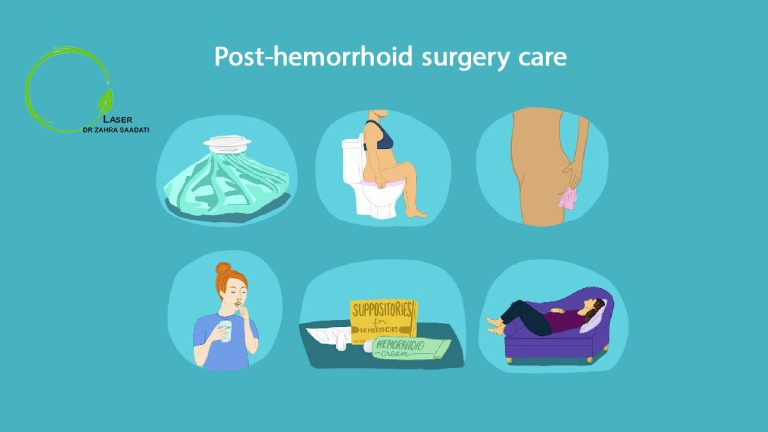When patients do not respond positively to medications for hemorrhoids, the general surgeon may recommend them to undergo hemorrhoid or piles surgery. You may be wondering why you should undergo hemorrhoid or piles surgery. If you have chronic hemorrhoids with bleeding, you must undergo surgery. Moreover, you are a candidate for this surgery if you still have problems with defecation and your hemorrhoids have affected your daily life event after a period of medication. If hemorrhoids or piles remain as anal skin tags, it is recommended to undergo hemorrhoid laser surgery to remove the skin tag without any wound or scar.

There are different methods for hemorrhoid or pile surgery. Open and closed surgery are the two common methods of hemorrhoid surgery with surgical blades and cauters. It has been proven that the new methods of hemorrhoid surgery produce the highest success rate and the lowest risk of recurrence. However, the selection of the best method depends on the patient’s condition and the surgeon’s experience and proficiency.
Hemorrhoid open surgery
Various surgical procedures have been proposed for removing symptomatic hemorrhoids. The basic principle of hemorrhoid surgery is to reduce and stop the blood supply to the hemorrhoids and remove the skin or endoderm.
Hemorrhoid surgery is performed under general anesthesia or spinal anesthesia. The surgical wound is either closed with absorbable sutures or left open to heal secondarily. The surgeon should avoid removing a large area of skin around the anus in order to prevent anal stenosis. An experienced general surgeon and laser surgery specialist performs the procedure in a way to prevent this condition. The surgeon can remove three hemorrhoid paques in a single session. The wound resulting from the hemorrhoid open surgery is not sutured. Piles surgery can be also performed using laser equipment; the advantage of this method is that the laser repairs the head of the affected vessels and nerves at the same time.
Hemorrhoid or piles laser
The application of lasers in the treatment of hemorrhoids and piles has been successfully proven. Different types of lasers are currently used for the treatment of hemorrhoids, the most common of which are the low-power laser for shrinking hemorrhoid paques and the high-power laser for removing advanced cases of hemorrhoids or piles.
The low-power laser is used for removing mild hemorrhoids and facilitating wound healing, whereas the high-power laser is employed for more advanced hemorrhoids that do not respond to medication and conventional surgery. Hemorrhoid laser brings many advantages for advanced surgeries. This is a less invasive procedure that does not cause the complications of hemorrhoid surgery with knives, blades, and cauters.
Since hemorrhoid laser surgery does not cause bleeding and does not require wound dressing, patients experience a very short recovery period.
Hemorrhoid surgery with high-power laser
The high-power CO2 laser is widely used for making incisions in sensitive and delicate surgeries. This type of laser minimizes pain and bleeding during the procedure for removing hemorrhoid paques. Because of its delicacy and high accuracy, this type of laser allows surgeons to manipulate a large part of the anal area. As a result, in addition to hemorrhoids, surgeons can treat anal fissures and other anorectal diseases at the same time in a single session.
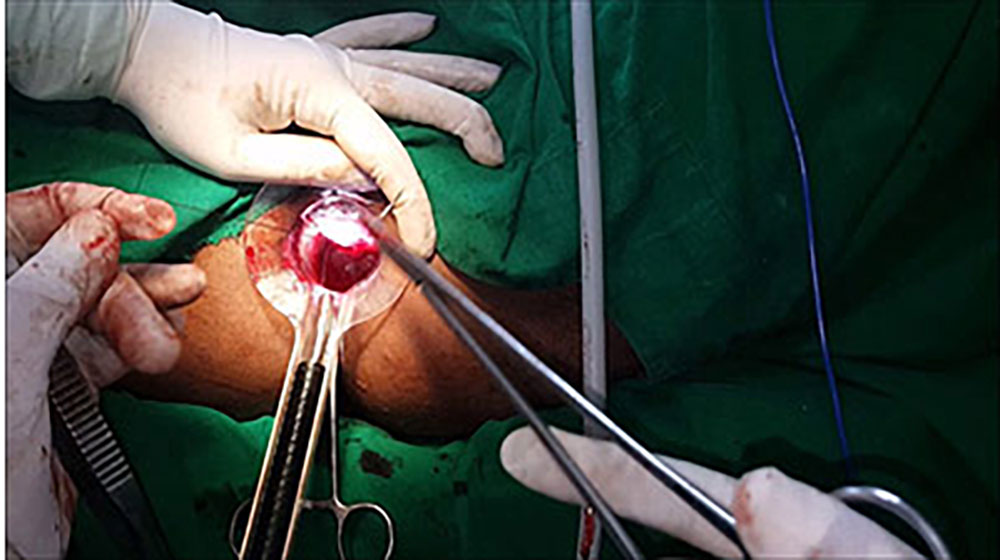
Advantages of laser surgery over conventional surgery
This type of laser makes more delicate incisions compared to surgical blades and cauters. The delicacy of the operation in this area is of special importance in preventing any damage to the surrounding healthy tissue. The surgical blades and knives cause severe bleeding and require the patient to go through a very long and difficult recovery period. In addition, since the cauter burns the area, the patient feels irritation after piles surgery.
One of the main advantages of laser is its restorative properties; i.e. it not only does not damage or burn the tissue but also repairs the affected vessels, lymph, and nerves. Therefore, it is not surprising that patients can return to their normal lives and workplaces the day after hemorrhoid laser surgery. By contrast, patients who undergo conventional surgery (with blades and cauters) should tolerate a very long recovery period.
A video of hemorrhoid surgery
This video shows the procedure for hemorrhoid or piles surgery. You can see that surgery is performed under anesthesia. By contrast, hemorrhoid laser surgery requires only local anesthesia.
Frequently asked questions (FAQs) about hemorrhoid surgery
1-Can patients with inflammatory bowel disease (IBD) undergo hemorrhoid surgery?
Any kind of anal surgery and manipulation of the skin around the anus is contraindicated for patients with IBD because surgical wounds will heal never or very late in patients with this disease. However, if such patients have protruded hemorrhoids with heavy bleeding, they can select the rubber band ligation of hemorrhoids or piles.
2-How severe is the pain after hemorrhoid surgery?
The severity of pain after hemorrhoid surgery depends on the extent and method of surgery. Patients usually experience a long recovery period and severe pain and bleeding after the conventional hemorrhoid surgery, whereas the patients who undergo hemorrhoid laser surgery need to rest at home for only one night and they will completely recover in less than a week. The postoperative pain can be relieved with painkillers, and patients should control constipation in order to prevent the recurrence of this disease or any damage to the surgical area.
3-What is the best method of hemorrhoid surgery?
The best method for treating hemorrhoids is surgery with the high-power CO2 laser. During a hemorrhoidectomy, the very thing fiber laser does not damage healthy tissue. In addition, hemorrhoid laser surgery does not cause pain and bleeding and, as a result, does not require sutures.
4-How is the experience of piles surgery?
Patients who have experienced both conventional surgery and laser surgery for hemorrhoids or piles state that laser surgery is much easier than conventional surgery and also complain about the severe pain and long recovery period of conventional surgery. By contrast, they indicate that they achieved the desired therapeutic result after hemorrhoid surgery with the high-power CO2 laser while they experienced no pain and bleeding and a very short recovery period.
5-How much does hemorrhoid or piles surgery cost?
The cost of hemorrhoid surgery depends on the surgery method: conventional surgery or laser surgery. The place where hemorrhoid surgery is performed (clinic, hospital, or physician’s office) can also affect the cost. If patients also suffer from other anorectal diseases, such as anal fissures and fistulas, and want to treat all of them in a single session, they should definitely pay more.
6-What are the complications of untreated hemorrhoids?
Untreated internal hemorrhoids can lead to severe bleeding and cause prolapsed hemorrhoids. Untreated external hemorrhoids cause very severe pain, in addition to bleeding. Blood clots may get stuck in the hemorrhoid paque and cause thrombosed hemorrhoids.
